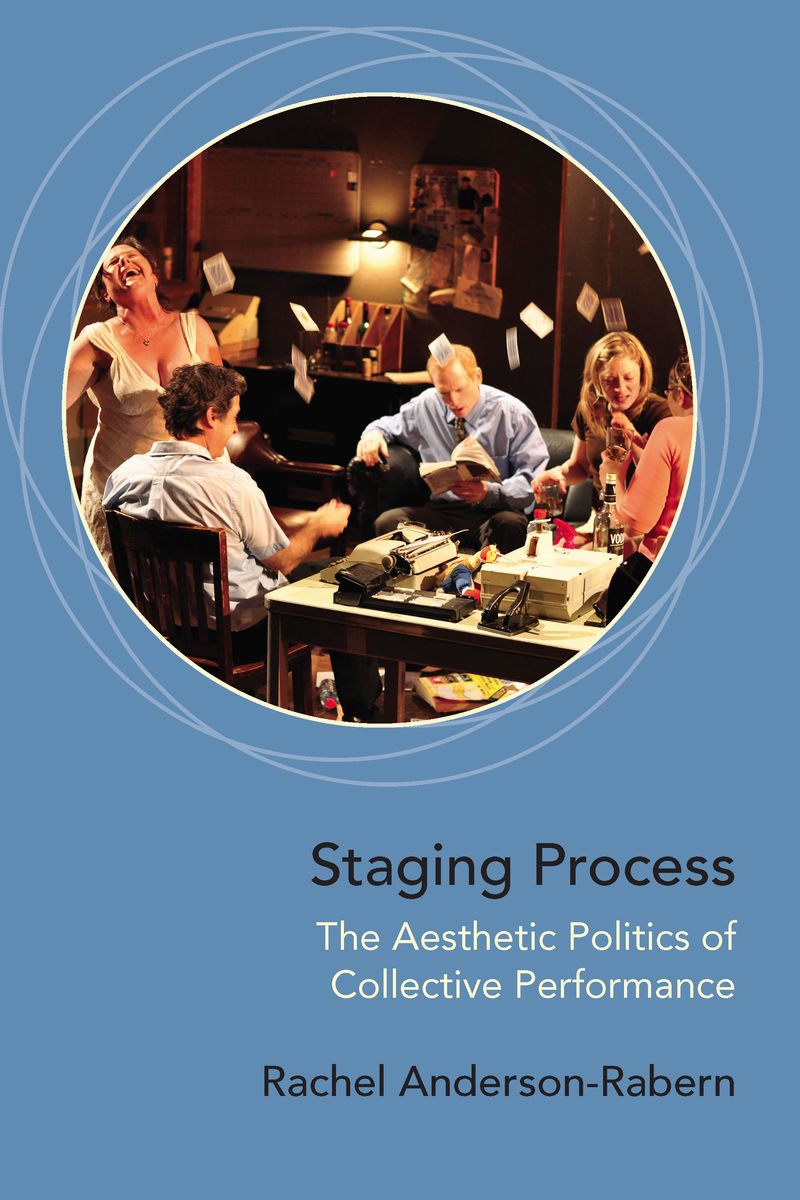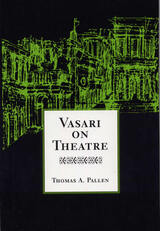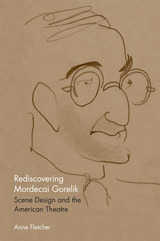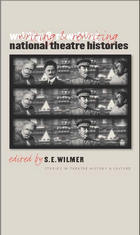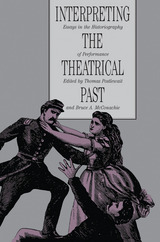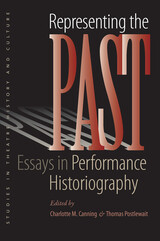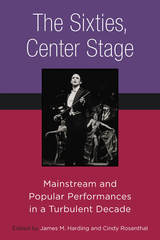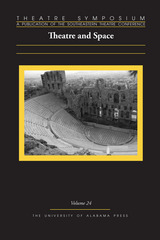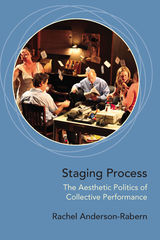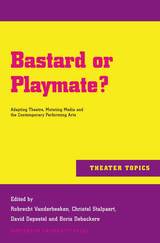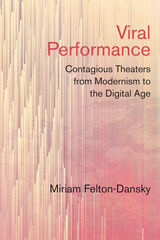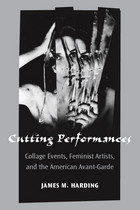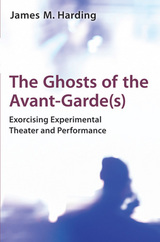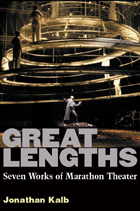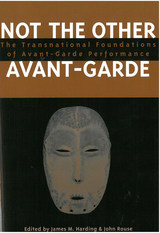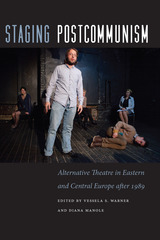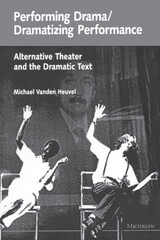Staging Process: The Aesthetic Politics of Collective Performance
Northwestern University Press, 2020
Cloth: 978-0-8101-4146-9 | Paper: 978-0-8101-4145-2 | eISBN: 978-0-8101-4147-6
Library of Congress Classification PN2193.E67A53 2020
Dewey Decimal Classification 792.022
Cloth: 978-0-8101-4146-9 | Paper: 978-0-8101-4145-2 | eISBN: 978-0-8101-4147-6
Library of Congress Classification PN2193.E67A53 2020
Dewey Decimal Classification 792.022
ABOUT THIS BOOK | AUTHOR BIOGRAPHY | REVIEWS | TOC | REQUEST ACCESSIBLE FILE
ABOUT THIS BOOK
Staging Process examines contemporary collective creation practices, with particular focus on the work of four third wave American performance ensembles: Goat Island, Elevator Repair Service, Nature Theater of Oklahoma, and the TEAM. The book examines ways in which these groups create blueprints for developing collaborative performance, entwining methodology with emerging performance aesthetics.
Rachel Anderson-Rabern explores the ideas of boredom and quotidian employment that permeate particular performance projects. Using Henri Lefebvre’s concepts of work roles within everyday philosophy, she demonstrates that collective creation gives rise to new economies of performance. The book also presents theories of the political stakes of danced gestural forms in performance, informed by Giorgio Agamben’s writings on gesture, and elaborates the ways in which these ensembles make use of durational performance to posit ethical frameworks: ways of living in the world.
Conversing with the ideas of Paul Virilio and Guy Debord among others, Anderson- Rabern claims that these groups posit new models of aesthetic politics through careful, speed-based investigations of construction and destruction that unearth the powerful potential of contemporary collaborative methods to be at once aesthetically minded, ethically driven, and politically engaged.
Rachel Anderson-Rabern explores the ideas of boredom and quotidian employment that permeate particular performance projects. Using Henri Lefebvre’s concepts of work roles within everyday philosophy, she demonstrates that collective creation gives rise to new economies of performance. The book also presents theories of the political stakes of danced gestural forms in performance, informed by Giorgio Agamben’s writings on gesture, and elaborates the ways in which these ensembles make use of durational performance to posit ethical frameworks: ways of living in the world.
Conversing with the ideas of Paul Virilio and Guy Debord among others, Anderson- Rabern claims that these groups posit new models of aesthetic politics through careful, speed-based investigations of construction and destruction that unearth the powerful potential of contemporary collaborative methods to be at once aesthetically minded, ethically driven, and politically engaged.
See other books on: Aesthetic Politics | Creation (Literary, artistic, etc.) | Ensemble theater | Experimental theater | Theater
See other titles from Northwestern University Press
